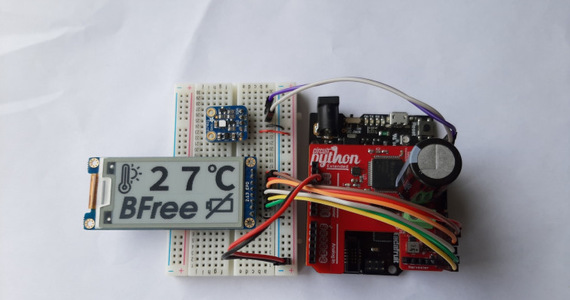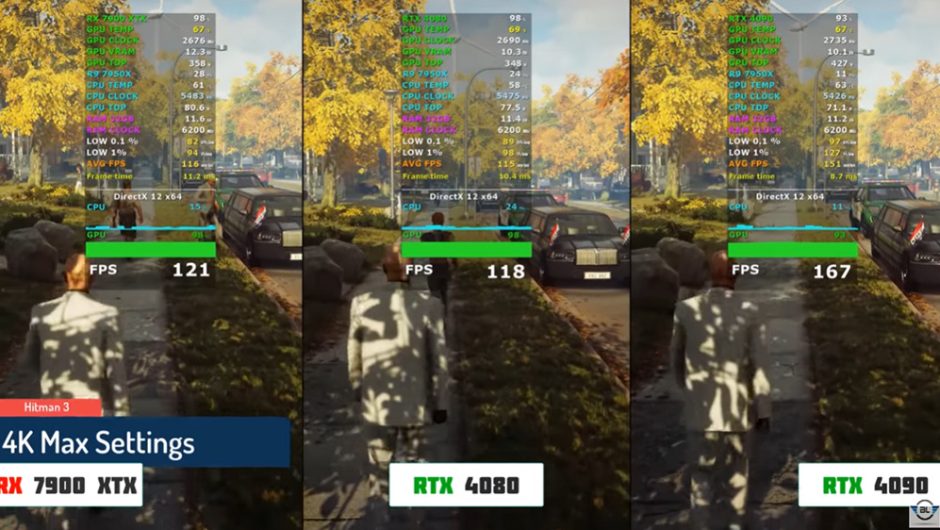Scientists from Northwestern University and Delft University of Technology have developed BFree – a system that uses a power-resistant version of the widely used programming language, Python. BFree also includes power-gathering equipment called the BFree Shield, which builds on previous work by the same team.
Thanks to BFree, devices can gain “unlimited lives” and thus work almost like a perpetual motion machine. The system allows for smooth operation almost any time power is available. It could be a major factor in reducing the production of electrical waste, which annually produces as much as 53 million tons.
Last year, the Game Boy was introduced, ENGAGE, a battery-free, exclusively kinetic-powered game of button presses. The device has been described as a sustainable form of electronics that could pave the way for long-lived electronics for future space missions because it doesn’t need batteries or solar energy to operate. The new BFree system is an evolution of ENGAGE Technology.
BFree’s developers hope their invention will help reduce the number of used batteries that end up as electrical waste each year.
Creators all over the internet are asking how to extend the battery life of their devices. They are asking the wrong question. Josiah Hester, one of the developers of the BFree system, explained that we want them to forget about the battery and instead think about more sustainable ways of generating power.
Thanks to the new technology, even novice programmers can turn a “DIY battery powered motion sensor into a solar powered sensor with unlimited life”. The new system could be a breakthrough in electronics, drastically reducing the amount of electronic waste generated by common DIY projects.







